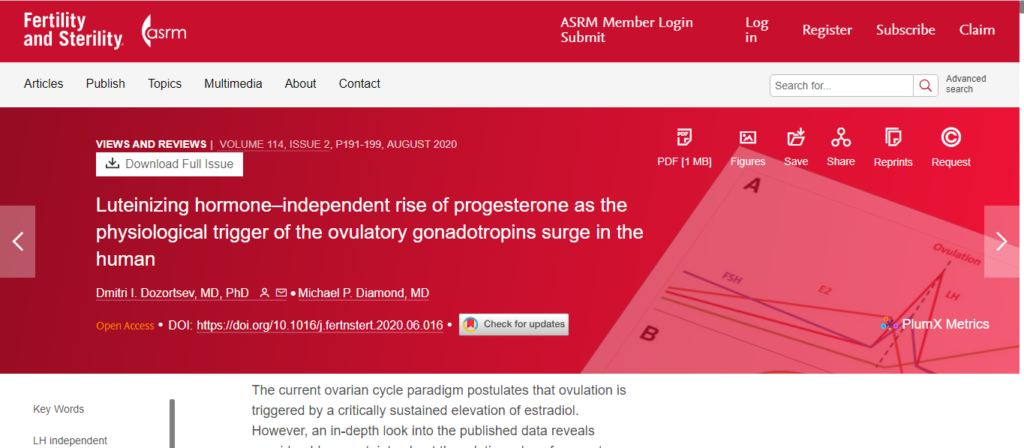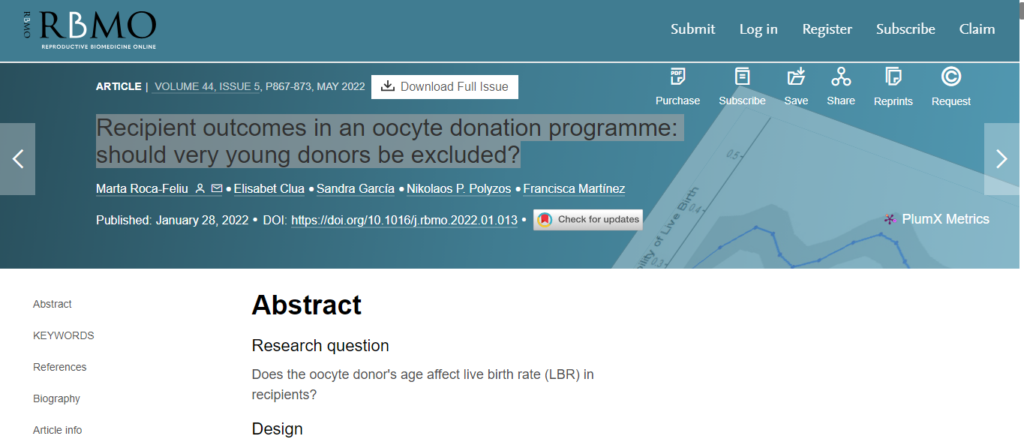Endometriosis Medications and Surgeries
Endometriosis Medications
Continuous oral contraceptive use (24 months) has been shown to decrease endometrioma recurrence from 29% to 8%.
Levonorgesterel IUD (6-12 months) can lead to secondary amenorrhea, which will decrease recurrence of symptoms, decrease pain and is equivalent to GnRH agonist. The IUD has been effective in rectovaginal endometriosis.
GnRH agonist is often used together with northindrone acetate daily in order to decrease the effects on bone density compared with GnRH agonist alone.
Cabergoline an antiangiogenic properties may improve endometriosis (endometriotic lesions have dopamine receptor type-2 DRD2).
Simvastatin an antiangiogenic agent also shown to have inhibitory effect on endometriosis implants in mice.
Oral contraceptives combined with an aromatase inhibitor letrozole 2.5 mg daily may also decrease pelvic pain symptoms after an individual has surgery.
Endometriosis Surgery
Surgery (usually with laparoscopy ) may benefit deeply infiltrating endometriosis in women who experience pelvic pain, painful menstruation, and painful intercourse. Pain after surgery occurs more often in women with mild endometriosis, as they may be sensitized to pain.
Some endometriosis lesions are more painful than others, but the reasons for this difference are not well understood.
One explanation is that there are some blood vessels in the lesions that are innervated by nerves that are both sensory and sympathetic (pain and sensory amplification).
Recurrence of pain after surgery
Over time, pain may be reactivated by hormonal changes due to progesterone resistance and increased aromatase activity. These factors increased inflammation in the lesions. Also, depression and anxiety can contribute to pain in some patients. Pain recurrence could also be due to incomplete removal of a lesion, either due to its location or lack of recognition.
Endometrioma is described as a blood-containing pseudocyst resulting from ovarian endometriosis with hemorrhage. Medical therapy unfortunately will not cause regression of the endometrioma.
Most patients with an endometrioma are symptomatic and need to exclude malignancy.
Studies demonstrated that the excision (surgery) of the endometrioma cyst was associated with a reduced rate of recurrence, and increased spontaneous pregnancy rates when compared with ablation therapy. Recurrence rate of endometrioma after surgery is 8-29%. Continuous oral contraceptive use is beneficial post-surgery.
However, surgery for endometrioma can result in decreased ovarian reserve due to damage to the ovary and decrease in the number of oocytes.
If the patient is experiencing pain than surgery, it does not imply that the likelihood of pregnancy is reduced.
Endometrioma may not require surgery if it is measuring less than 5 centimeters, and the patient is planning to have IVF. The peritoneal fluid of women with endometriosis may contain elements like Interlukins ( IL-6 ) which reduce sperm motility. Women with endometriosis have increased peritoneal macrophages will can destroy sperm.
Endometriosis
Learning Center
Learn more about Endometriosis. If you have questions, we have the answers.






